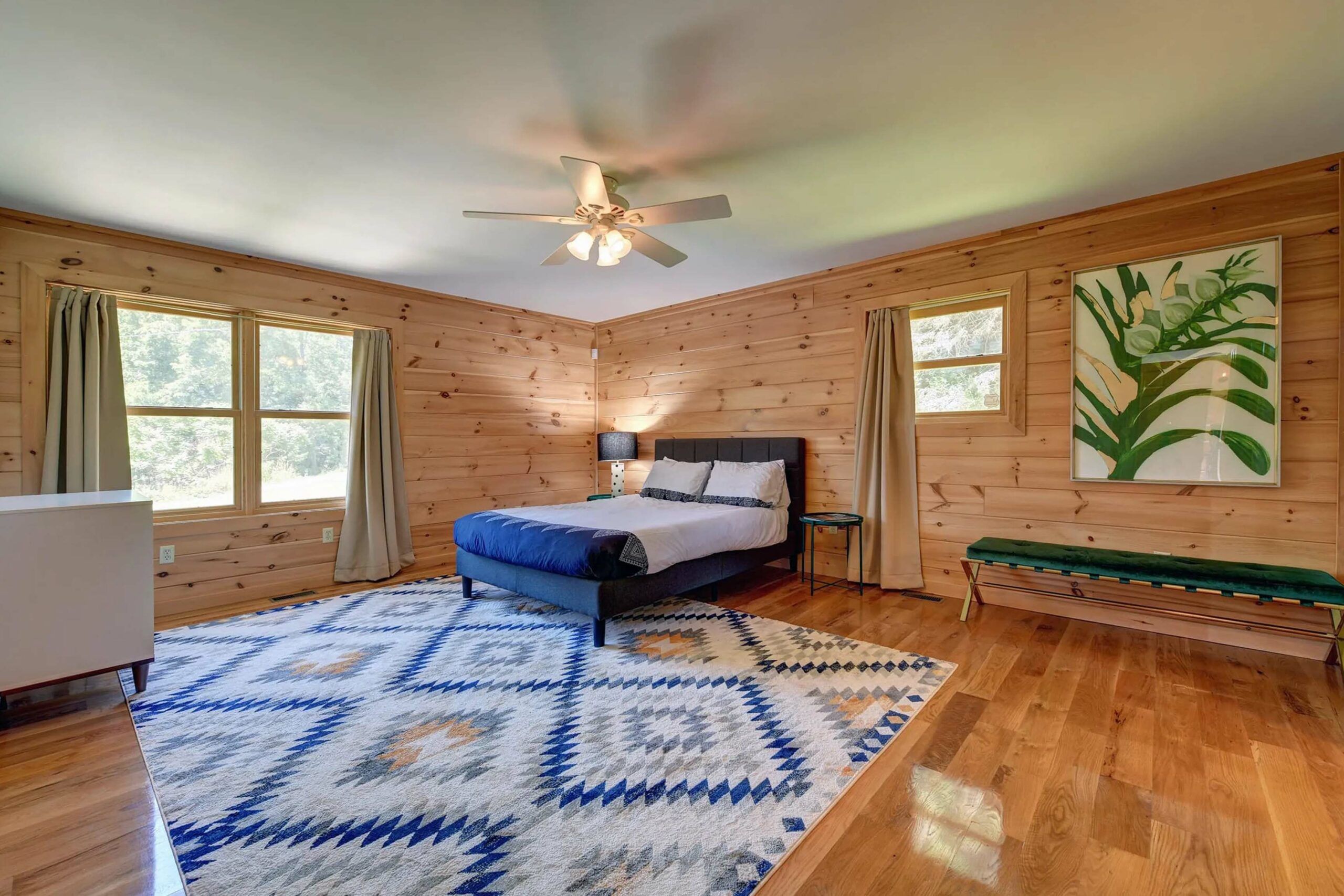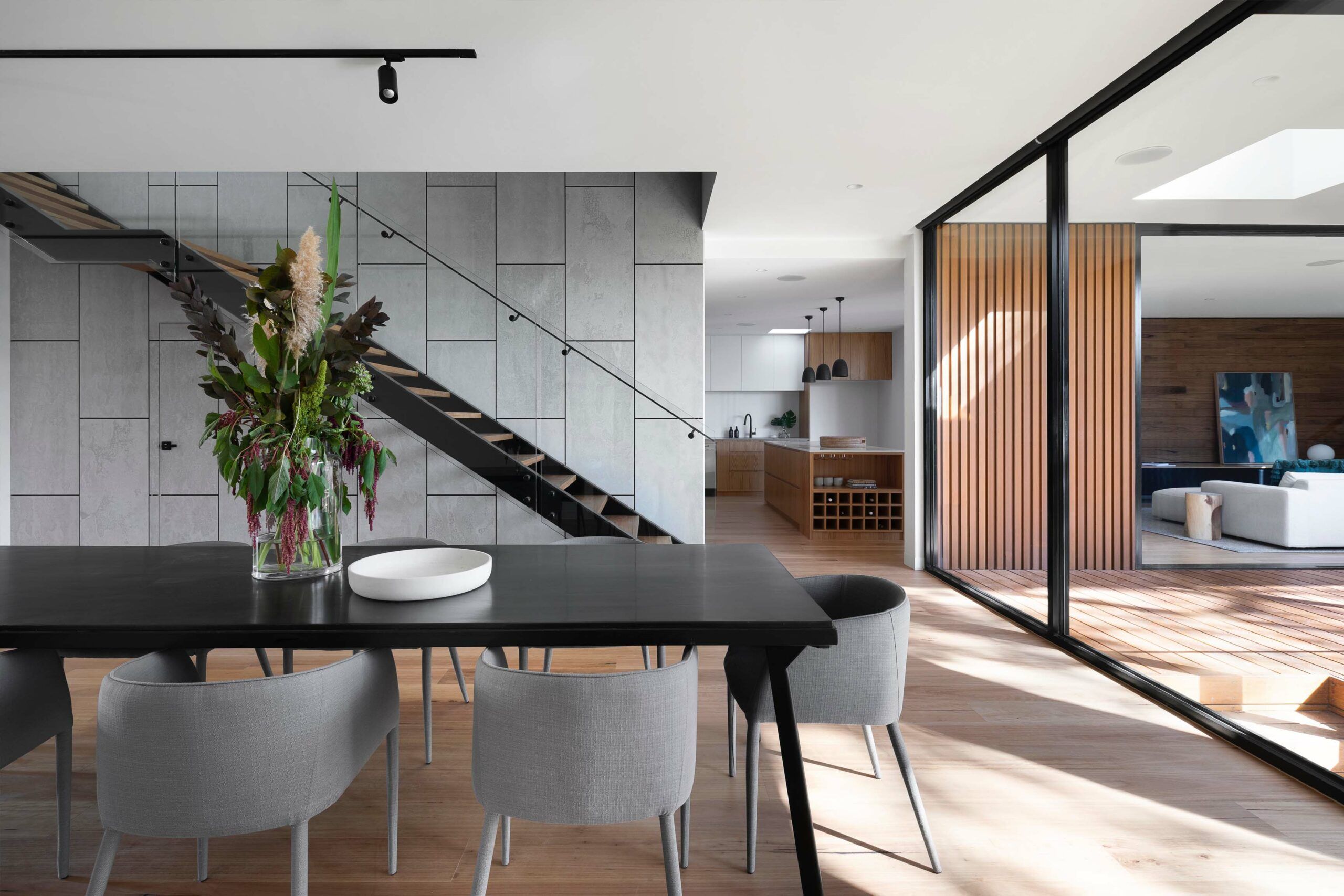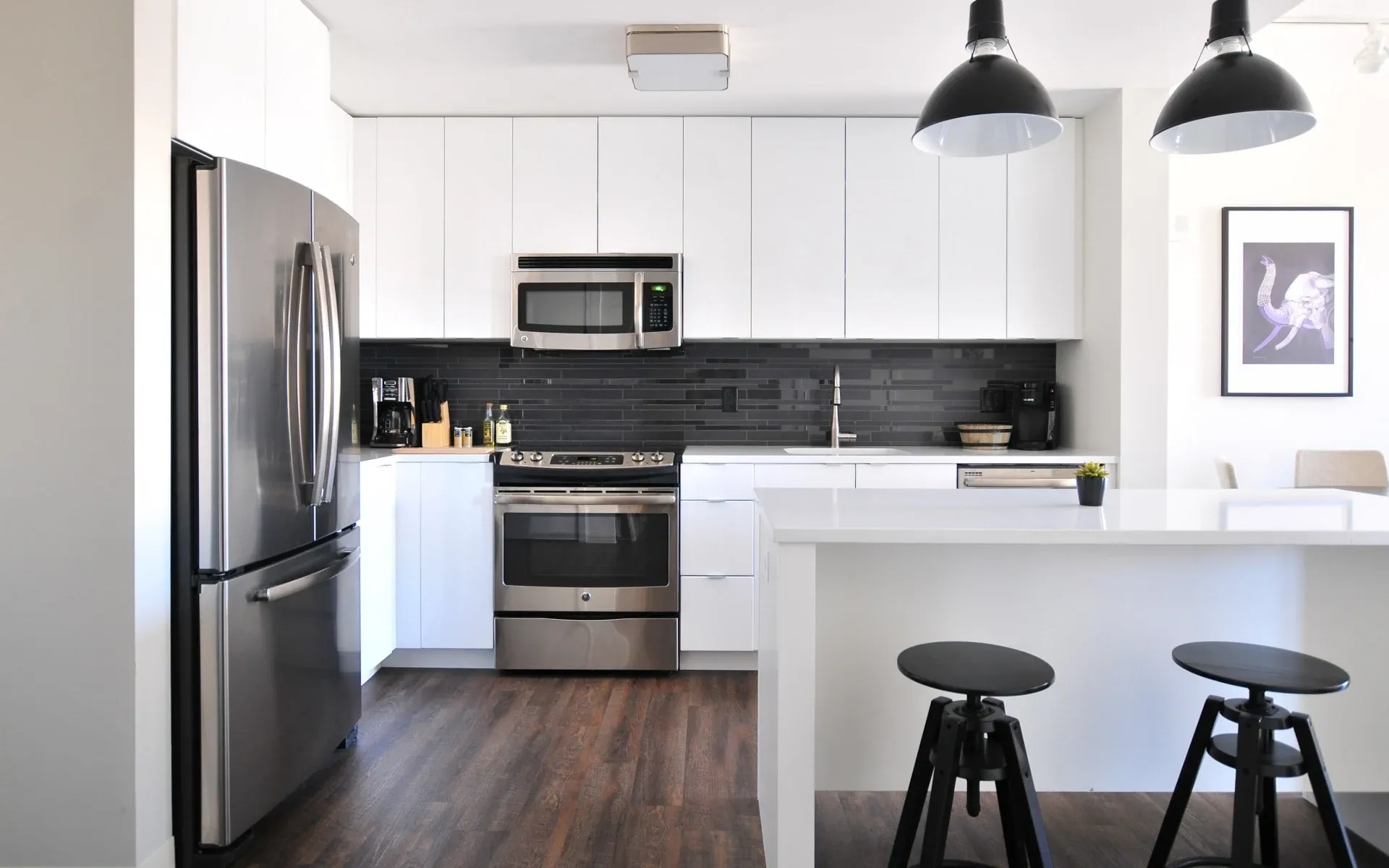This Is What’s Really Involved in Rental Management
What does a rental property manager actually do?
We often talk about the different aspects of “rental property management” and “multifamily property management,” but we’ve never taken the time to clearly outline all of the responsibilities of a property manager in one place.
Until now.
If you’ve ever been curious as to what a property manager actually has to deal with on a day-to-day basis (or a lease-to-lease basis), this post will cover all the basics.
Setting and reviewing the rental price
We shouldn’t have to explain why this is important, but we’ll do it anyway. Rental property owners want to make the most money possible off their properties—which is why we do extensive research on each property to find the maximum possible rent price. We set this in the beginning and then revisit it every lease cycle to ensure the price accurately reflects the value of the home. If a rent increase is needed, we’ll reach out to the tenants and get it taken care of.
Making initial repairs
Before a home is rented, everything needs to be in working order. And while “working order” can mean different things for different people, for us it means double-checking everything in the house—from kitchen appliances to windows, heating systems and more—and ensuring they’re up to our specifications. Even the stuff you don’t see (like insulation, plumbing, and issues with rot or mold) is checked before a new tenant comes in. We do this the first time we rent a property as well as in between all lease cycles, so every new tenant starts with a clean slate.
Collecting rent
No one wants to be the bad guy, but sometimes it’s necessary. And that’s what a property manager is for—we’re the ones collecting rent, and we’re not in the business of letting late payments slide. Being strict is the name of the game here, and we’ll do what needs to be done to ensure rent is paid on time for all of our property owners.
Evictions
Even though we do our best to get qualified tenants in all of our properties, issues can (and likely will) occur from time to time. If a tenant needs to leave, they need to leave—and that means an eviction. While we don’t find ourselves needing to evict tenants regularly, we do have experience with it. A bad eviction can result in a ruined house and significant loss of revenue for the property owner. We do our best to ensure evictions go smoothly, so our properties stay in good shape and our owners get paid. (This is far easier said than done, but we’ve learned a thing or two over the years.)
Checking in on properties
A lot of property owners think that once they find a few good tenants, their job is done. If only the world worked that way.
One crucial job of a property manager is to schedule routine visits to check in on all of their properties. Even if you have great tenants, it’s impossible to know what’s actually going on in the house without checking for yourself. We’ll do routine visits a few times a year to make sure the property isn’t in disrepair or our tenants aren’t up to anything illegal. This alerts us to any potential issues before they become a major problem, and it also lets us establish a friendly rapport with our tenants.
Routine maintenance
When most people think of property management, their mind immediately goes to maintenance. And it’s true—a big part of our job is fixing routine problems that pop up in the properties we manage. Maintenance is something we take pride in because we have fast response times and we handle all maintenance requests with care and efficiency. But to be clear, this involves more than just fixing a leaky faucet here and there—it means developing relationships with contractors, forecasting maintenance costs for all your properties, and developing a system for intaking, processing, and resolving maintenance requests.
Financials
Property owners need to keep track of all the financial data related to their properties—like expenses, revenue, profit, and loss (plus a whole lot more). As property managers, we take care of all that stuff so the owner can rest easy, knowing nothing will fall through the cracks. We also work with accountants to ensure everything is in order before tax season hits.
So there you have it! These are the primary responsibilities of a property manager. If you currently own property and have someone managing it, they should be covering all of these duties at a bare minimum.
In reality, we do a lot of things outside of these core tasks—but for the most part, this is what every property management company should be handling. When it comes to commercial real estate and multifamily properties, things get a bit more complicated.
Don’t think your property manager is handling their core responsibilities as well as they could be? Give us a call or send us a message. We’ll fill you in on our process and see how we can help.









